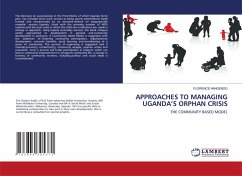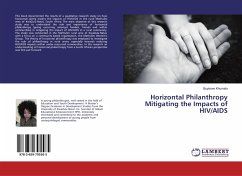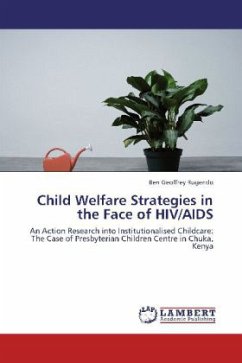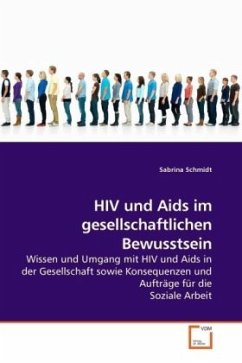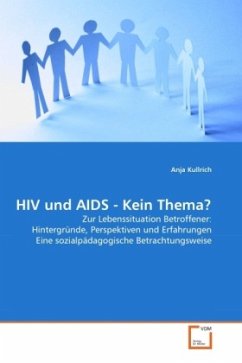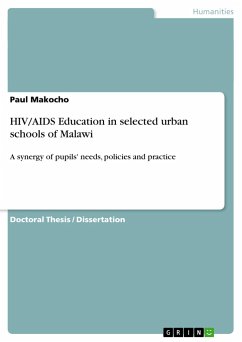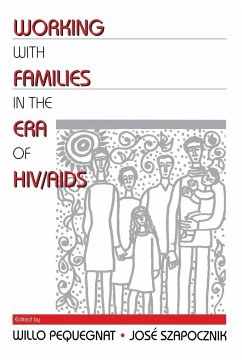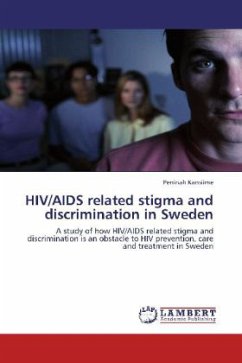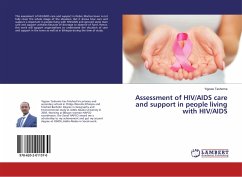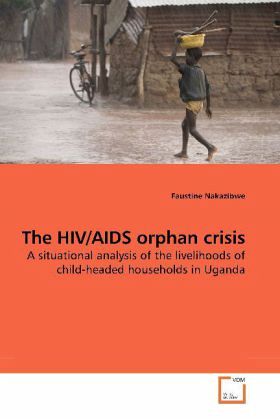
The HIV/AIDS orphan crisis
A situational analysis of the livelihoods of child-headed households in Uganda
Versandkostenfrei!
Versandfertig in 6-10 Tagen
32,99 €
inkl. MwSt.

PAYBACK Punkte
16 °P sammeln!
This book is an outcome of a study that was carried out on child headed households in Rakai district, Uganda. The study specifically examines the livelihoods of child headed households in the context of the DFID sustainable livelihoods framework and the poverty trap by Robert chambers. The book explores and establishes the livelihoods conditions, needs and problems of child headed households. The analysis reveals that much as NGOs have done a lot to assist child headed households, the impact of their programmes on the livelihoods of these children is minimal contrary to what is portrayed in th...
This book is an outcome of a study that was carried out on child headed households in Rakai district, Uganda. The study specifically examines the livelihoods of child headed households in the context of the DFID sustainable livelihoods framework and the poverty trap by Robert chambers. The book explores and establishes the livelihoods conditions, needs and problems of child headed households. The analysis reveals that much as NGOs have done a lot to assist child headed households, the impact of their programmes on the livelihoods of these children is minimal contrary to what is portrayed in their reports. This empirical study serves as a basis for policy formulation and change as well as programme design and intervention. Insights from this book are relevant to NGOs and other organisations dealing with orphans and vulnerable children (OVCs). It also provides useful guidelines to development researchers, students, donor agencies, and policy makers especially in the field of development assistance.




